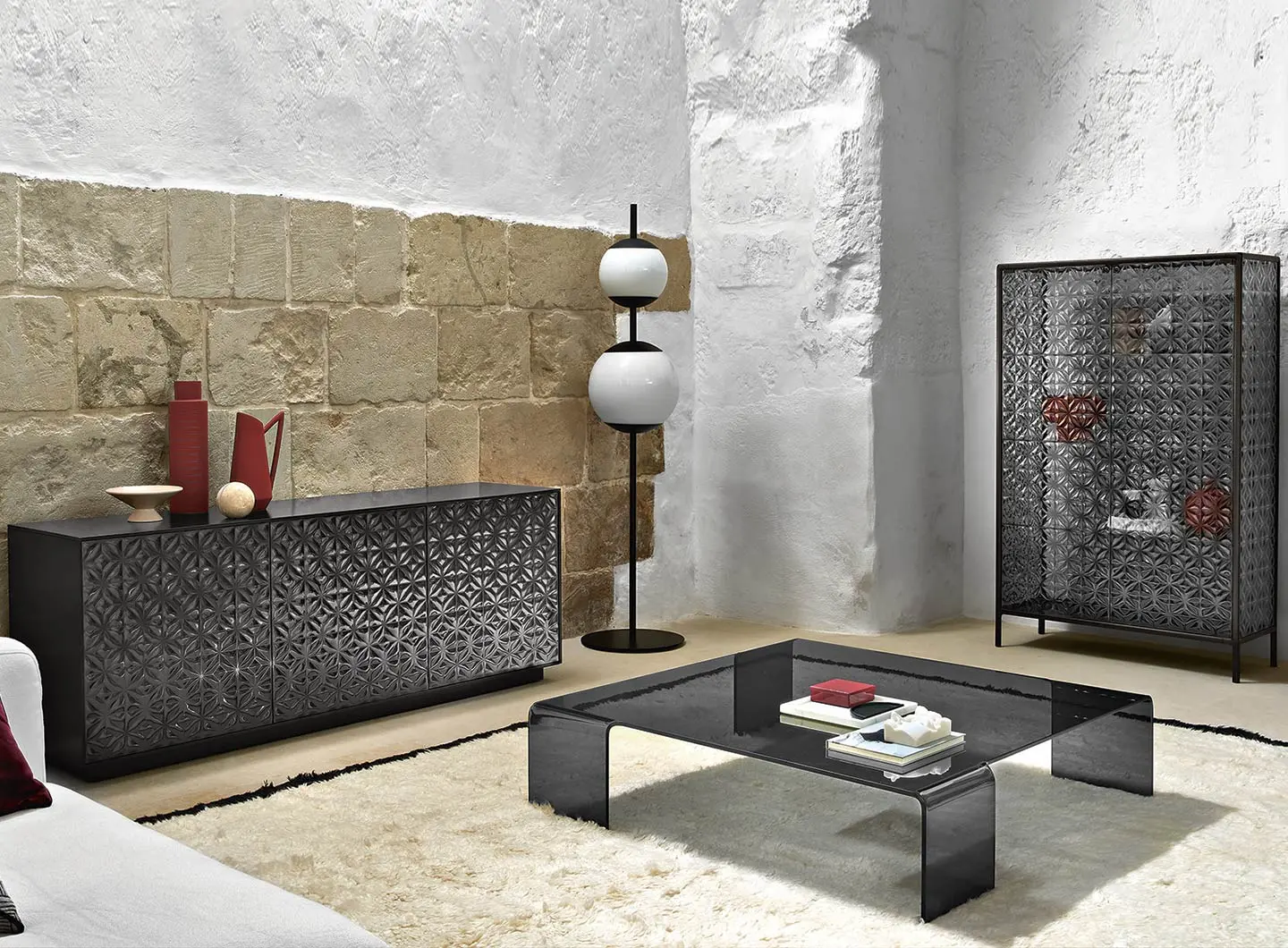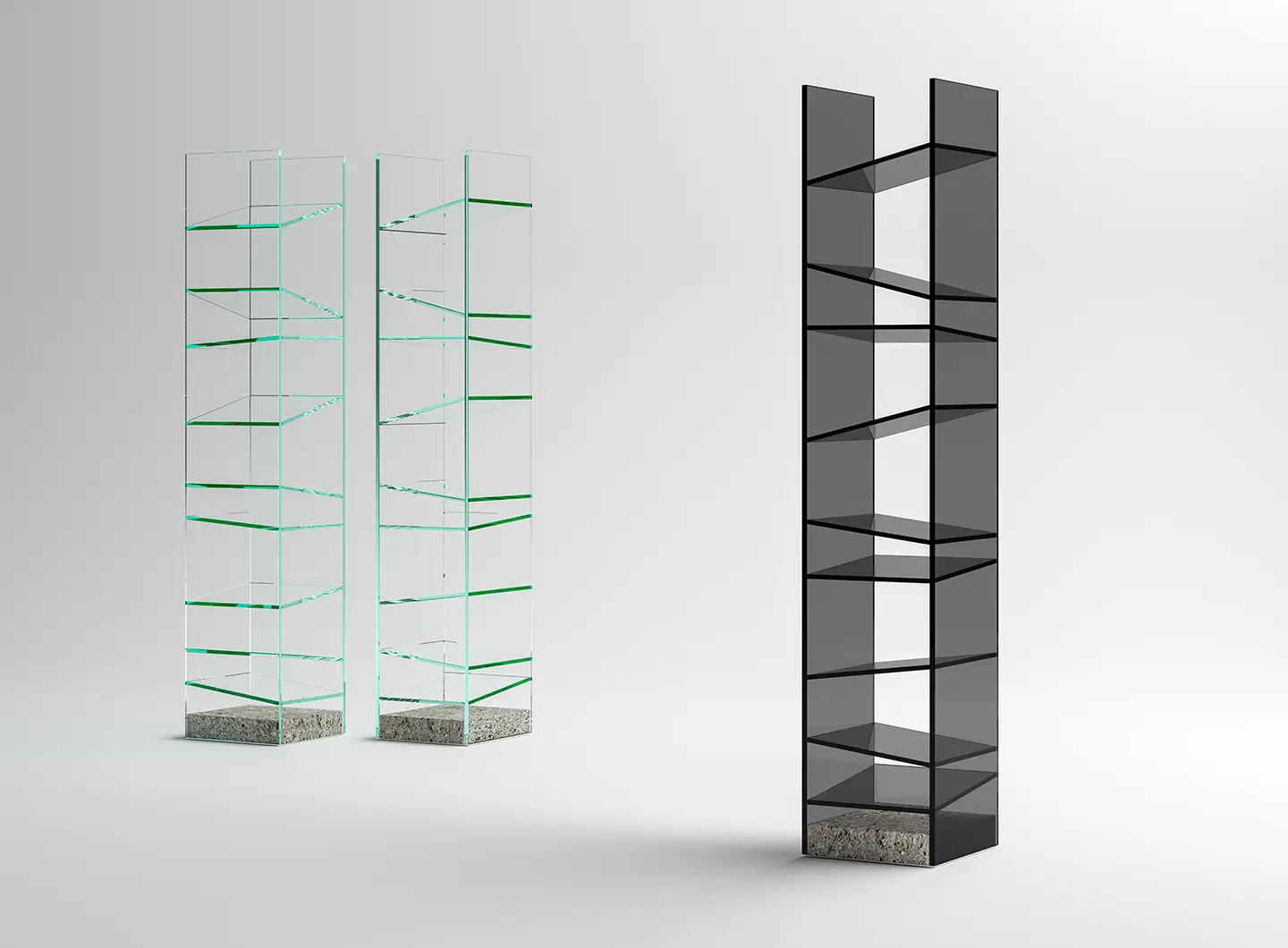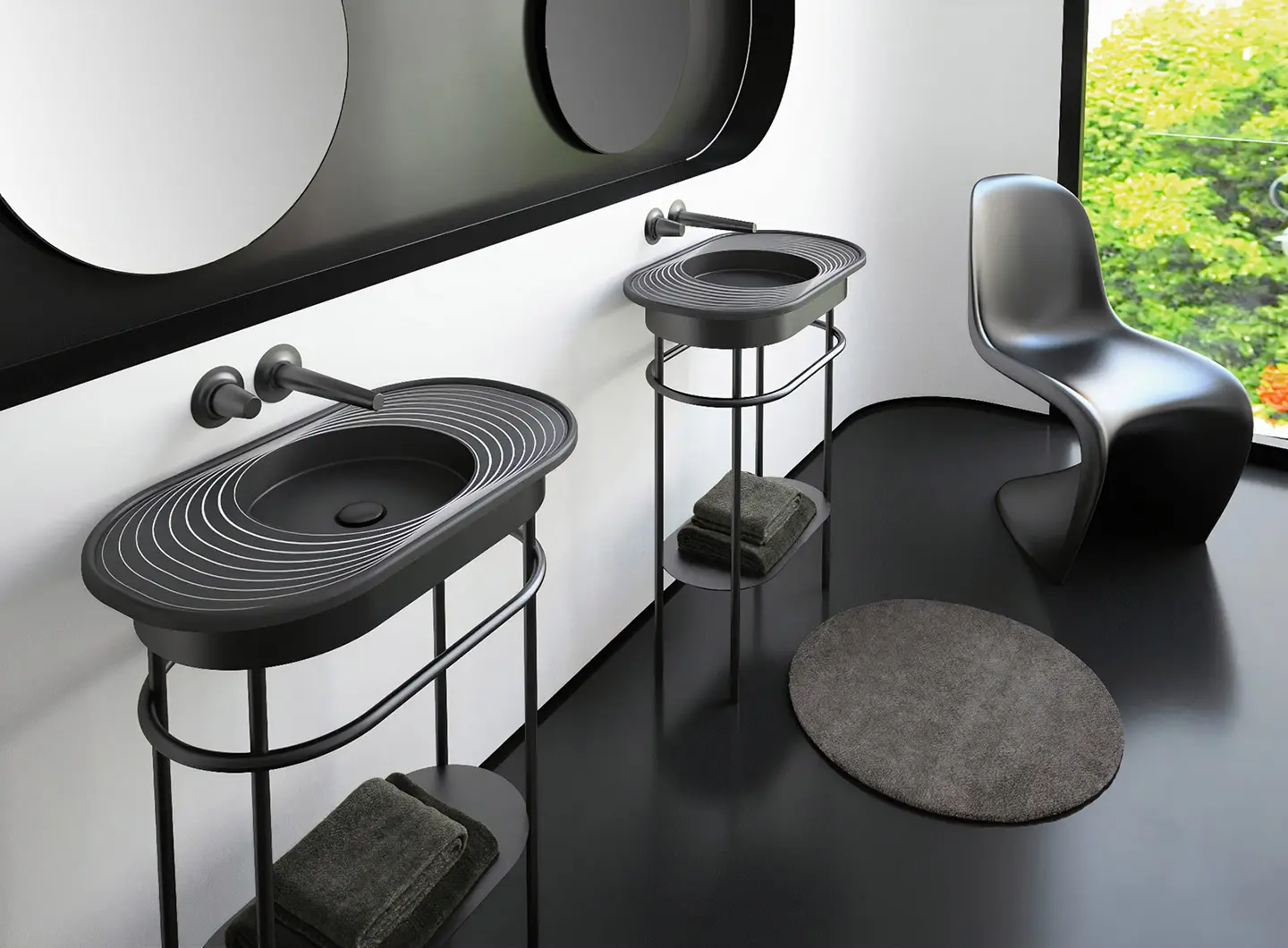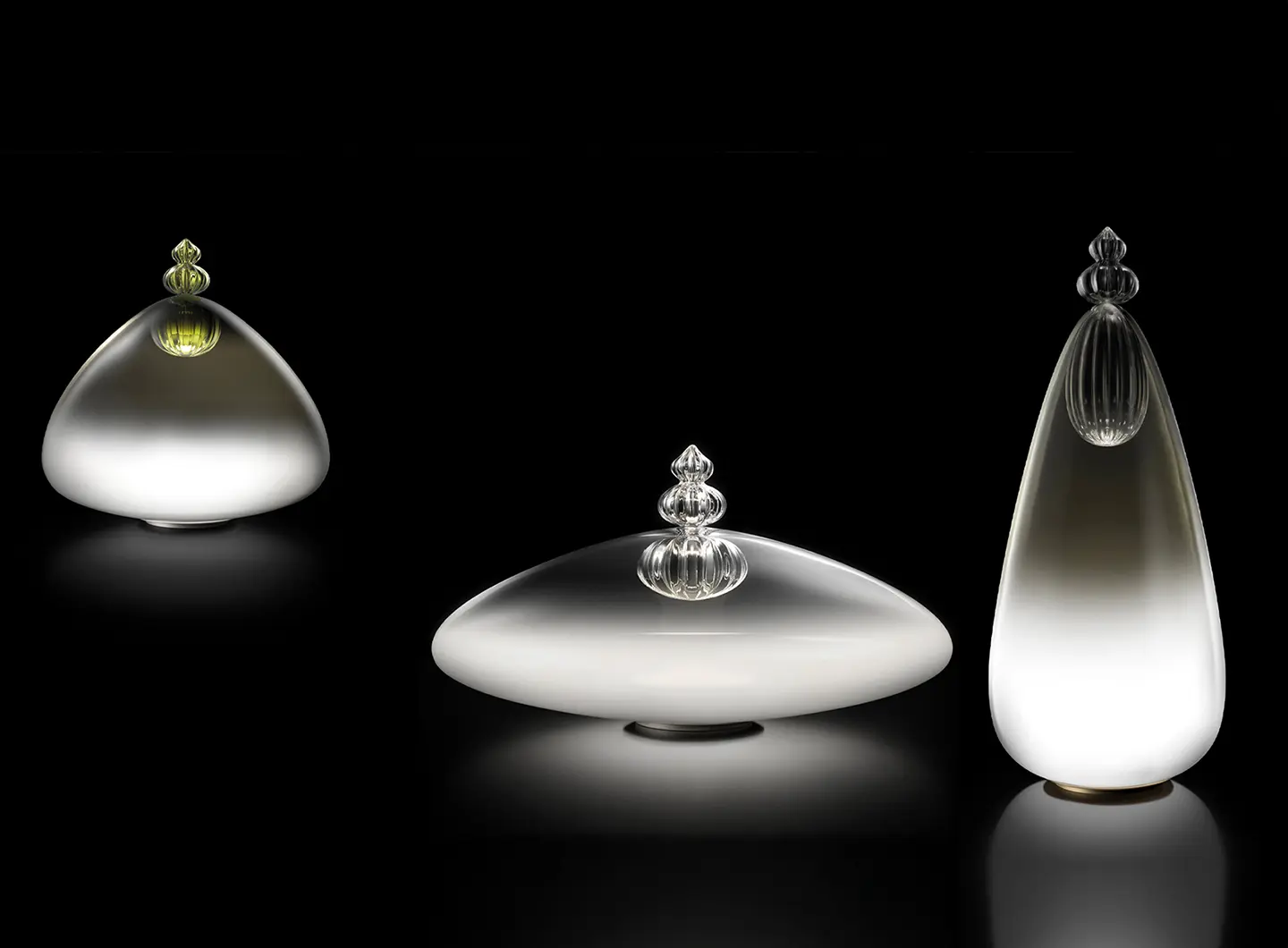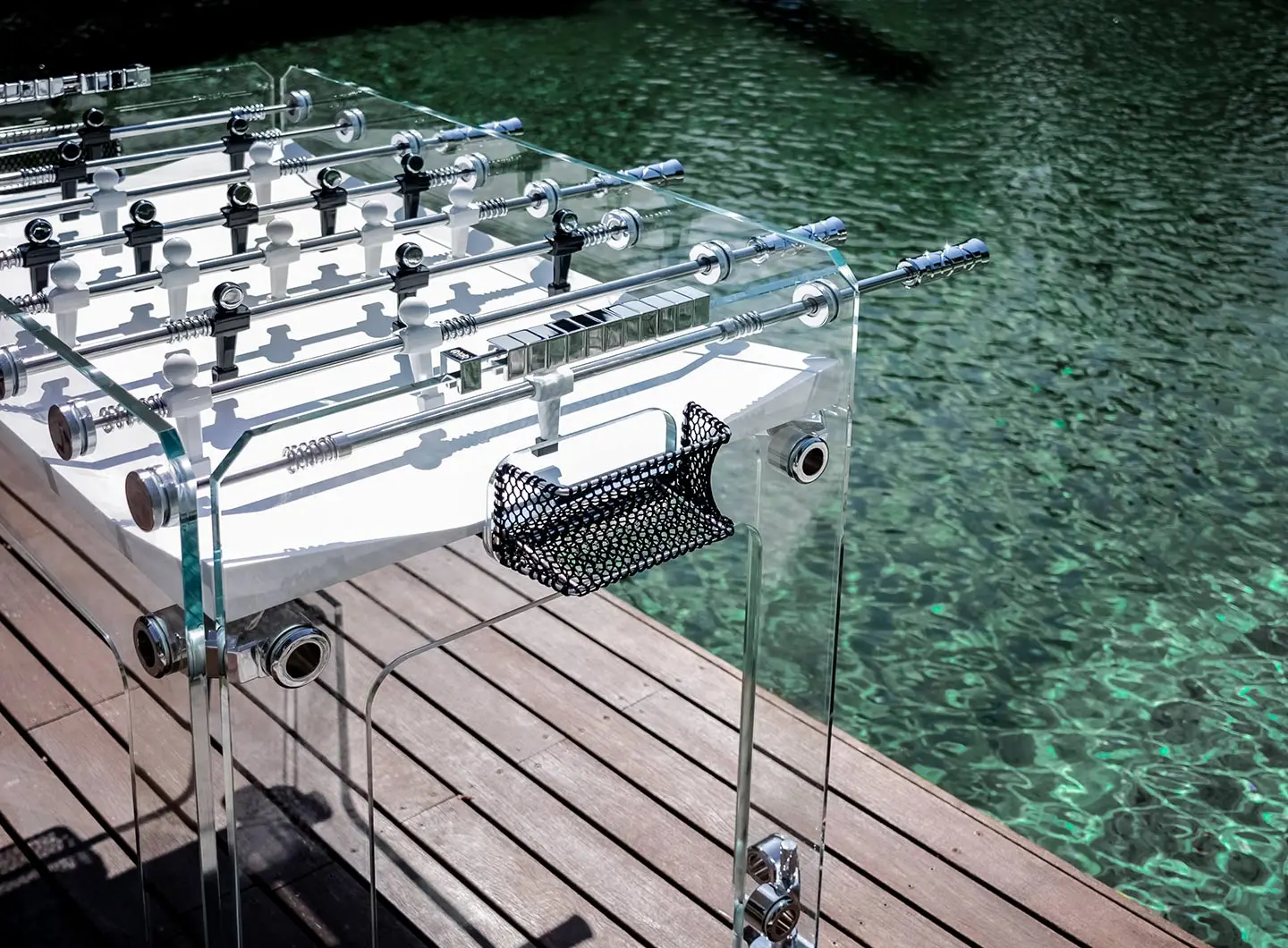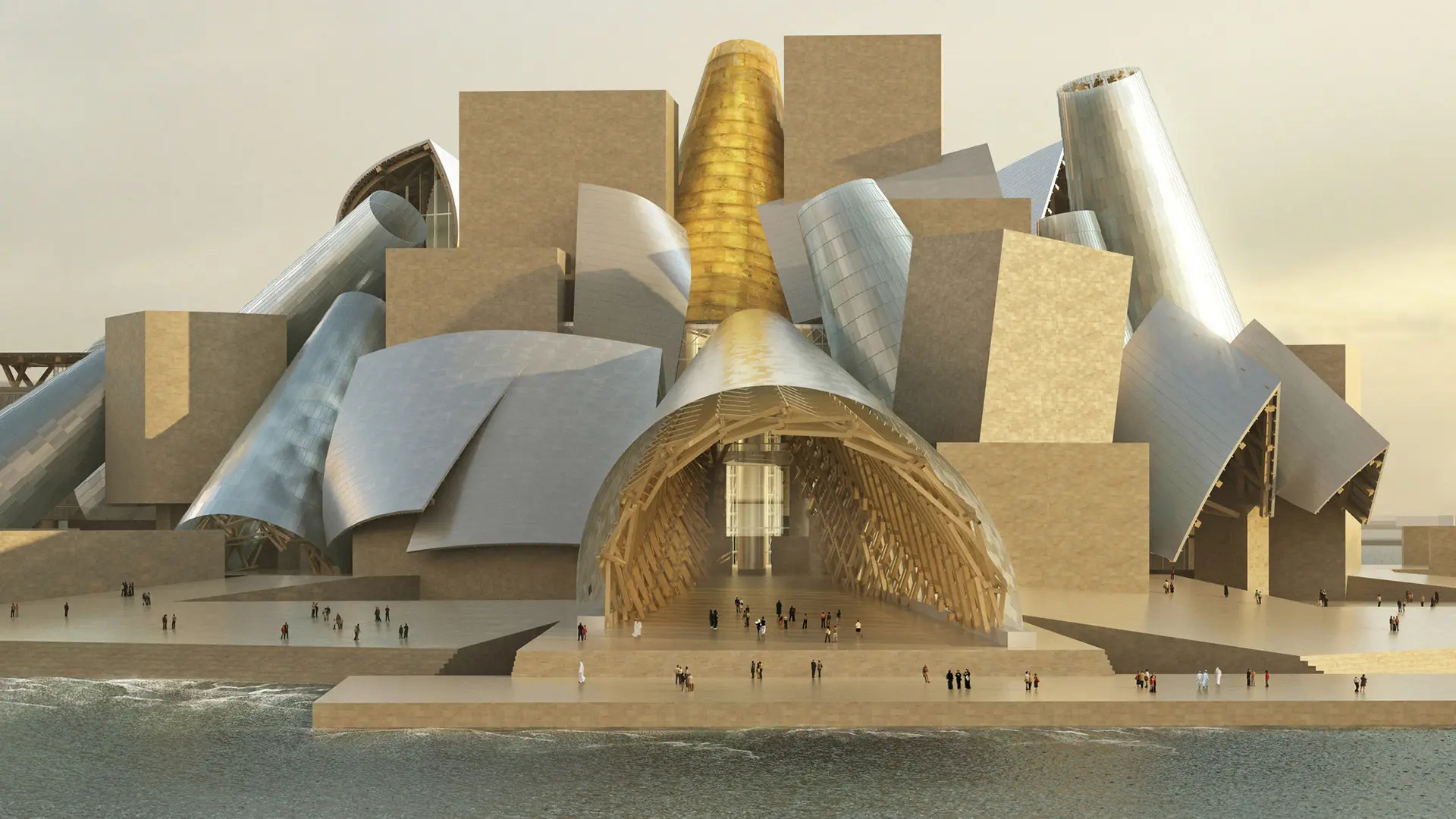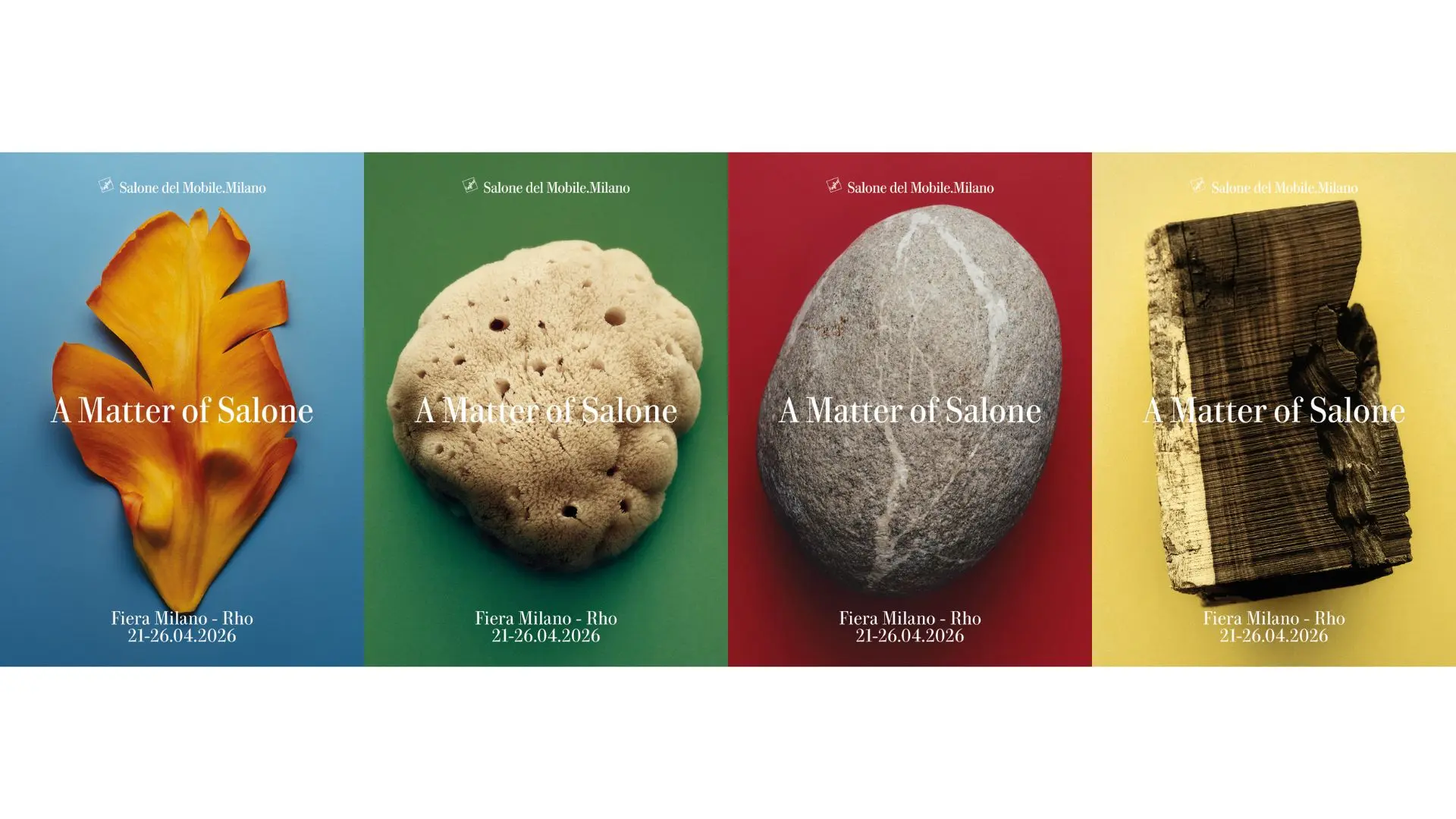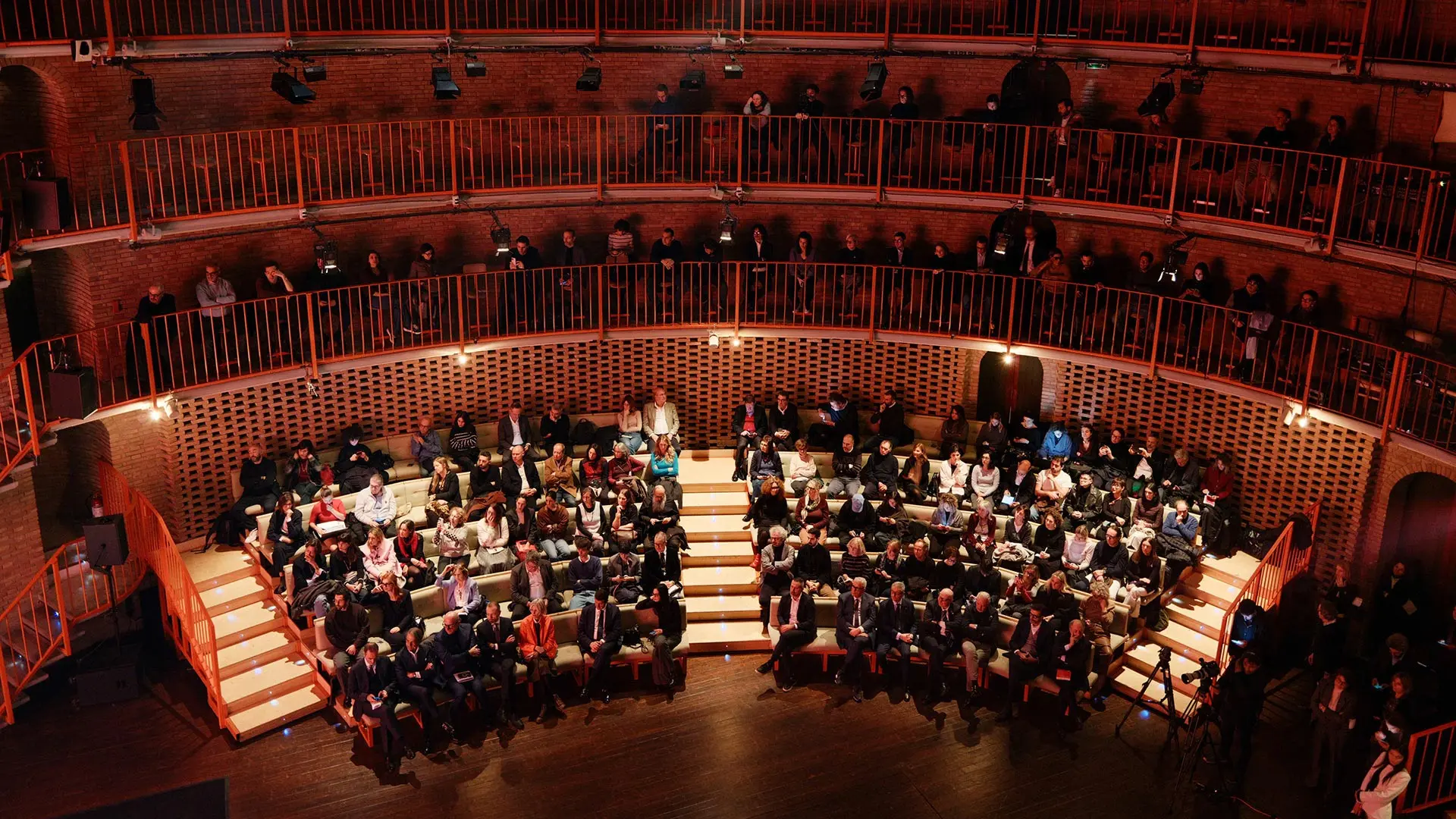From BIG to David Chipperfield, Frank Gehry to Snøhetta: a world tour of the best buildings set to open in 2026

Glass, a unique and extraordinary material, hygenic and high-performing, sustainable and 100% recyclable, which has always been a vehicle for design.
During this period of suspended, fragile time, in which our contact with objects and people is cautious while our need to share spaces, products and experiences is becoming increasingly urgent, design has the power to come up with simple but intelligent, creative but effective solutions in a bid to retrieve that everyday quality that we’ve missed. It achieves this particularly through one of the most ancestral materials known to man: glass, which with its protective abilities and its evocative soul, manages to relativise the concepts of proximity and distance. Social distancing, which we still need to observe, is made easier with see-through surfaces that are most refractory to the virus (and therefore more hygienic), high-performance (in terms of heat resistance, ageing and aesthetic “decay”), waterproof, easy to clean, ecological and “circular” (glass is almost infinitely recyclable). However, the light-permeable transparencies, the fluidity and the “crystallised” dynamism, the complex processes and colourings of glass are not just harnessed for screens, partition systems, doors, walls, room dividers and shielding solutions, but are at the service of furnishing tout court. A great many companies and designers have made glass their preferred medium, giving endless shape to the (magical) beauty of the alchemy between sand, fire and air every day.
Glas Italia and Piero Lissoni have just unveiled Sherazade Spin, a vertical pivoting glass panel that lends itself to a great variety of design and decorative solutions. The stop-free door always has a bidirectional opening and is available with a central or off-centre pivot. Two or more panels can be put together to configure partitions that open fully or partially, and the perfect alignment of the panels is guaranteed by a magnetic system.
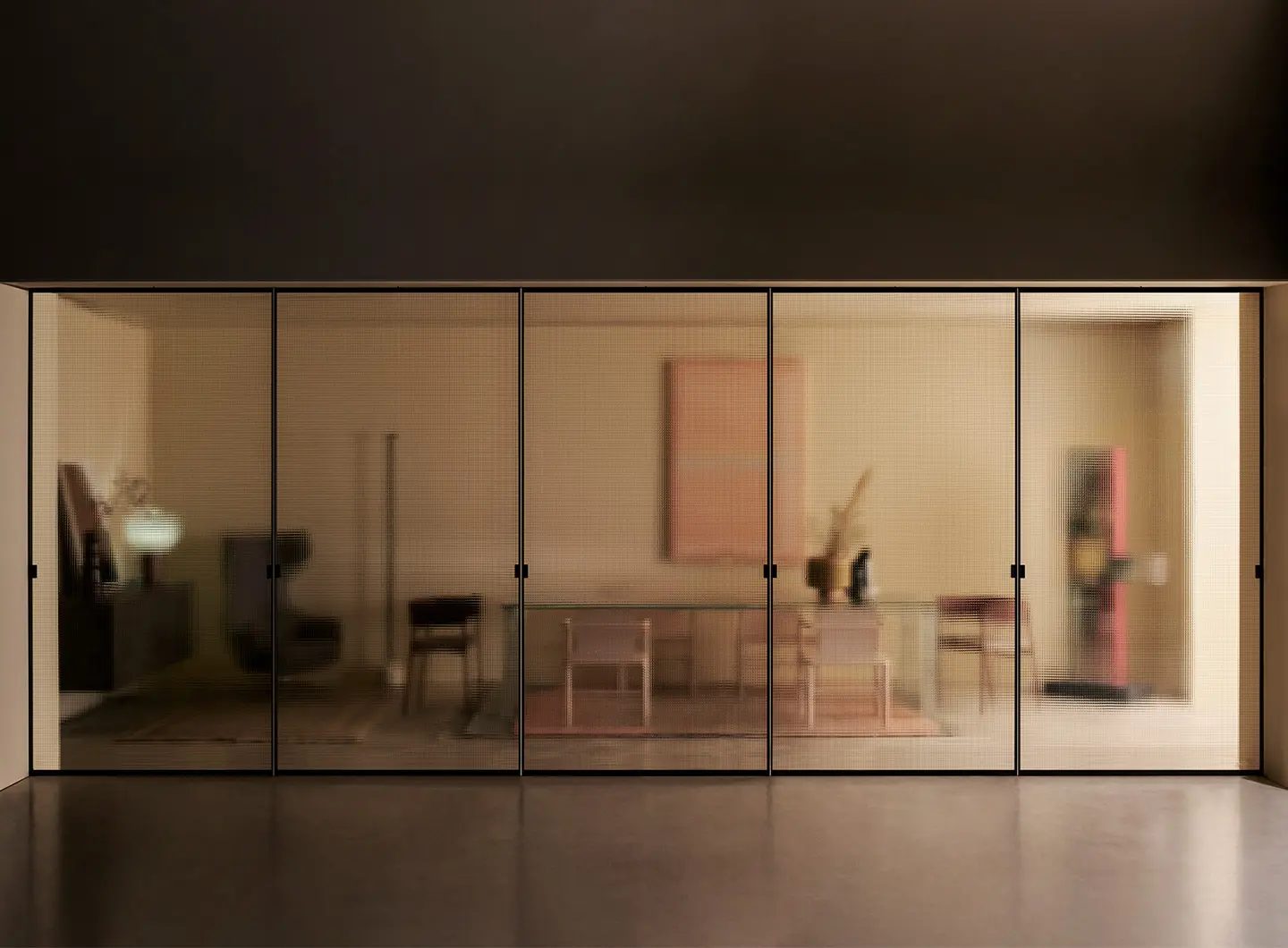
Sherazade Spin, design Piero LIssoni, Glas Italia
Inspired by the extensive, light mobile surfaces of traditional Japanese houses, Lualdi has come up with Shoin, a system of one or two-track glass sliding doors and fixed panels, designed to create walls. The panels are housed within a slender aluminium frame, flush with the external side of the composition. Shoin helps create real spaces, luminous glass boxes that lightly mark out spaces within spaces.
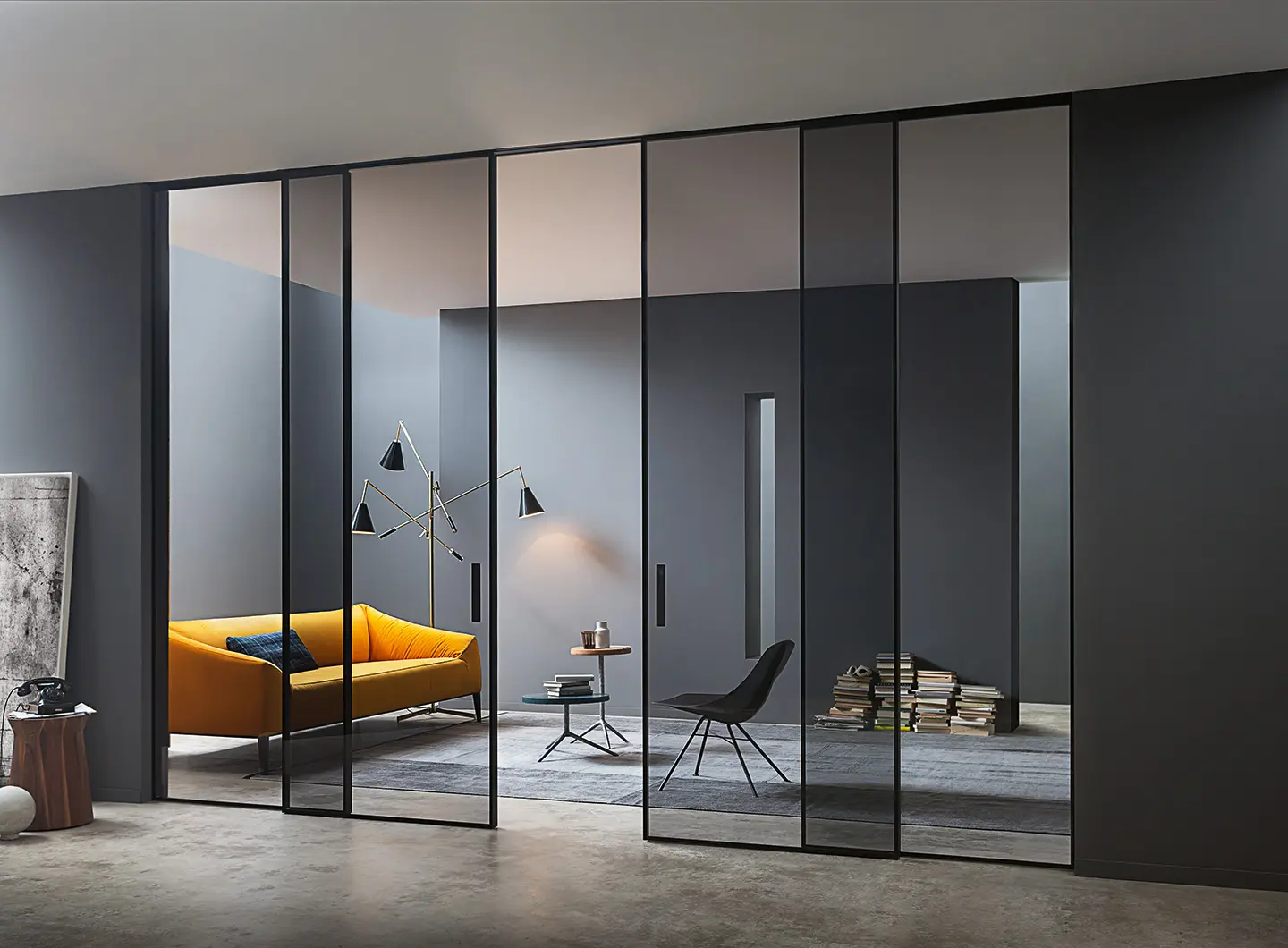
Shoin, Lualdi
With Velaria, Rimadesio is interpreting the sliding door with the onus on geometric rigour and poetry. Distinguished by their bronze net glass, which bestows a veiled transparency, these sliding doors can be used as movable walls thanks to the fact that the panels are made to measure using patented technical solutions that guarantee the greatest possible freedom of design.
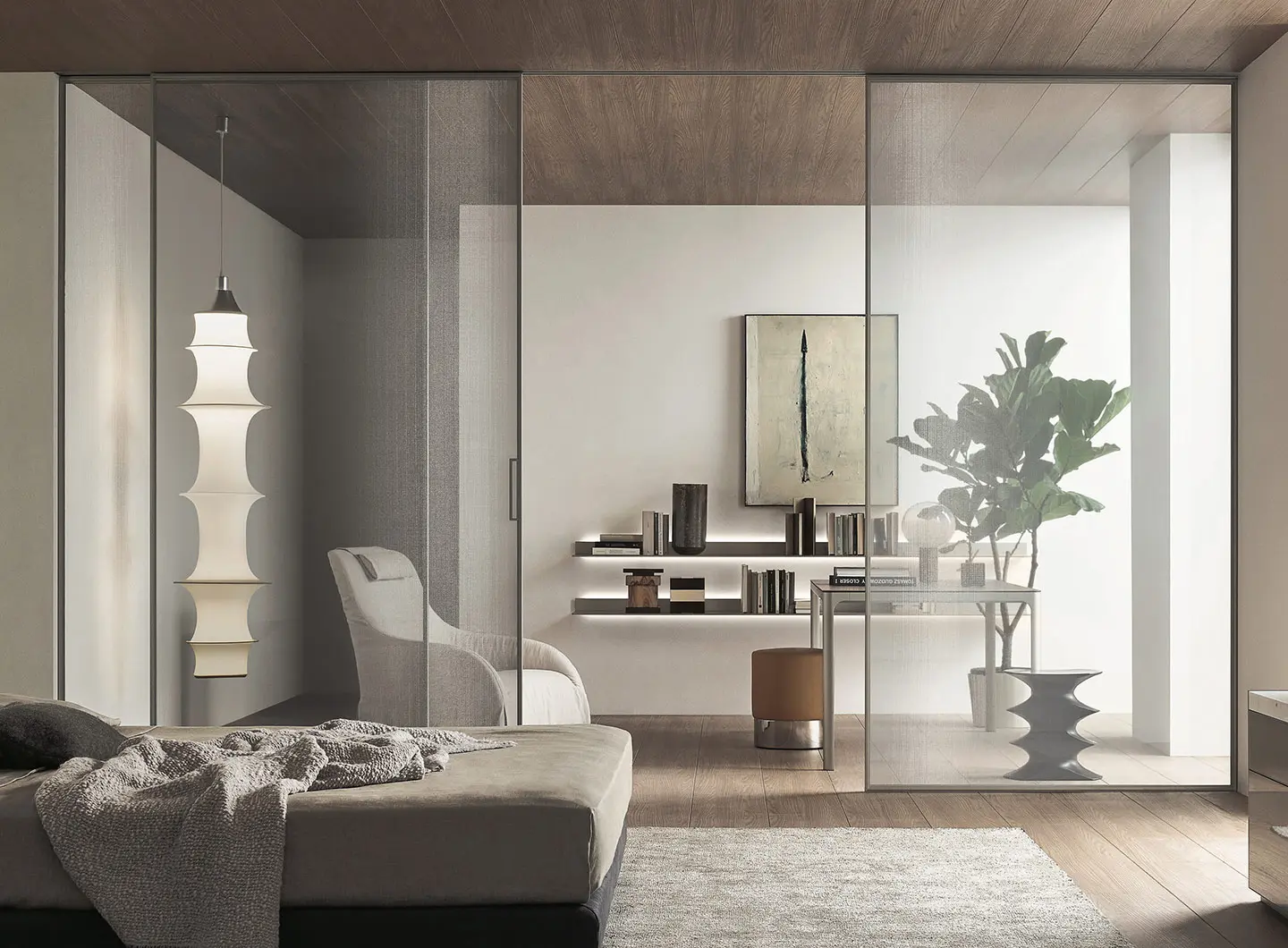
Velaria, Rimadesio
For Lago the use of glass is a constant. It is also a challenge that demands a great deal of research. The brand has just developed a digital application capable of transferring images onto glass, which has allowed it to reinterpret natural materials such as marble on glass surfaces for the very first time. Thus, the tops and bases of the 36e8 Marble XGlass Kitchen marry the qualities of glass – resistance to acidic substances, hygienic and easily cleaned – with the appeal of the material itself.
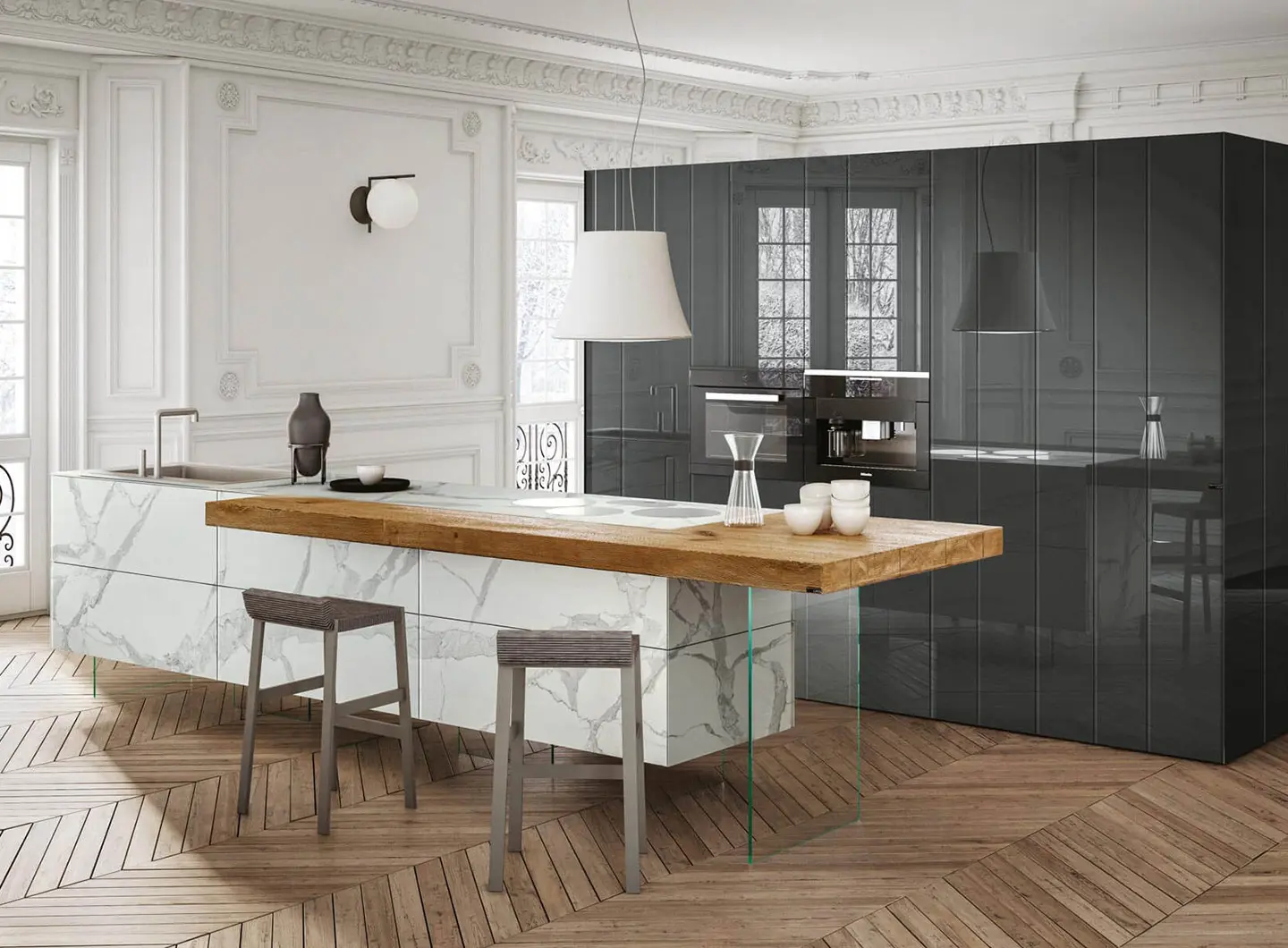
36e8 Marble XGlass, Lago
Glass has always been Vittorio Livi’s great passion. After a number of different business ventures, in 1973 Livi set up FIAM, the first company to manufacture furnishing components in curved glass. Echo, the brand’s latest project, chronologically-speaking, was designed by Marcel Wanders Studio, and is a vitrine/container born of the desire to make a surface that appeared to extend out physically towards the viewer, pulling him or her in and surprising them. The designer has explored new techniques for shaping glass, contriving a glass surface composed of three-dimensional geometric forms, triangles, squares and rectangles. Molten glass, the star of the project, is light-reflecting, filling the home with warmth and generating a magical, evocative atmosphere.


 Sustainability
Sustainability
